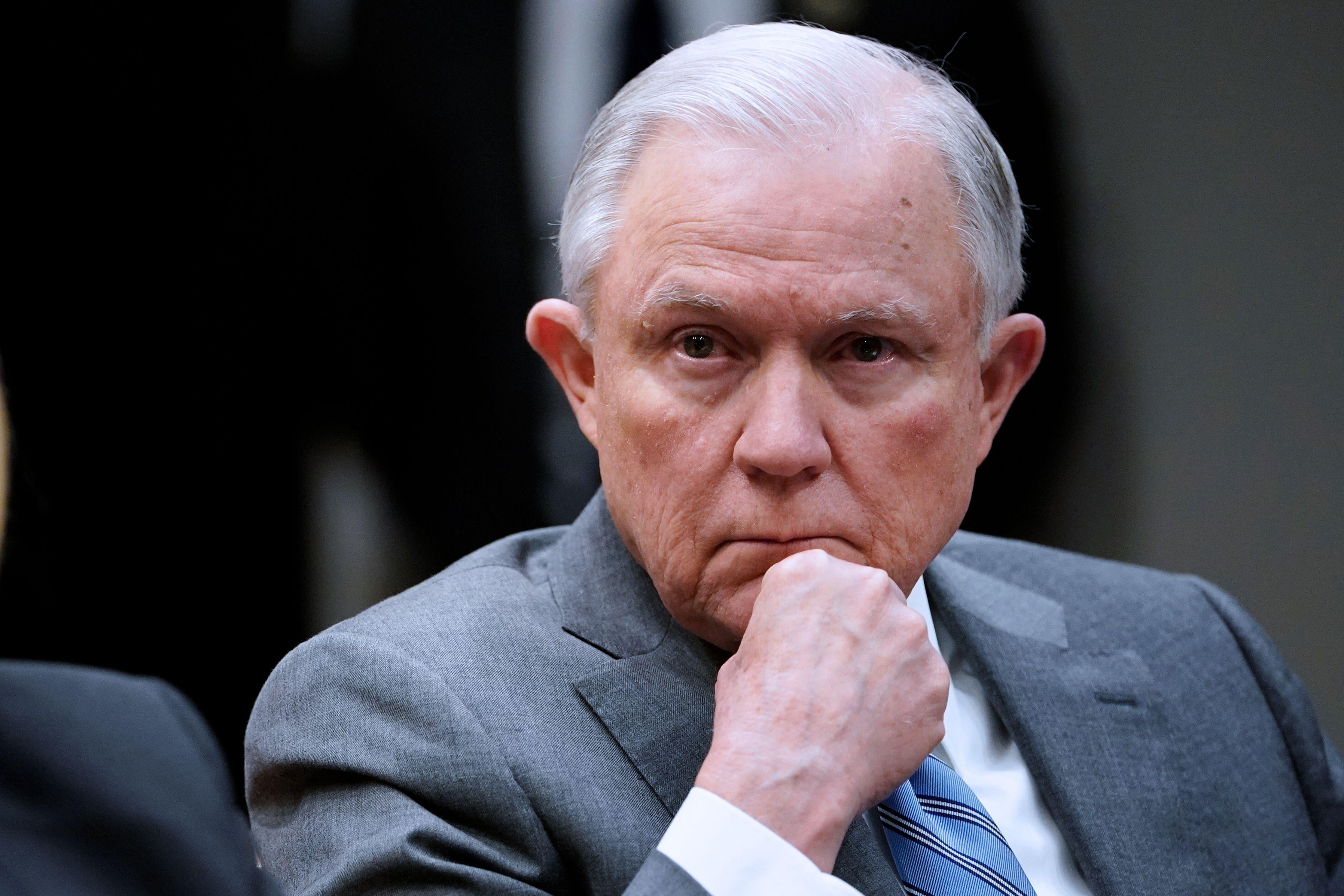On Monday, the 2nd U.S. Circuit Court of Appeals ruled that federal law already prohibits anti-gay employment discrimination. Its 10–3 decision in Zarda v. Altitude Express is a landmark victory for gay rights, affirming the growing judicial consensus that sexual orientation discrimination constitutes discrimination “because of sex.”
In his opinion for the court, Chief Judge Robert Katzmann provided three reasons why Title VII of the Civil Rights Act of 1964—which prohibits sex discrimination in the workplace—protects gay employees. First, Katzmann explained that “sexual orientation discrimination is motivated, at least in part, by sex and is thus a subset of sex discrimination.” To “identify the sexual orientation of a particular person,” an employer must “know the sex of the person and that of the people to whom he or she is attracted.” He continued:
Because one cannot fully define a person’s sexual orientation without identifying his or her sex, sexual orientation is a function of sex. Indeed sexual orientation is doubly delineated by sex because it is a function of both a person’s sex and the sex of those to whom he or she is attracted. Logically, because sexual orientation is a function of sex and sex is a protected characteristic under Title VII, it follows that sexual orientation is also protected.
To bolster his conclusion, Katzmann deployed the “comparative test,” which asks “whether an employee’s treatment would have been different but for that person’s sex.” Here, the plaintiff, Donald Zarda, was allegedly fired after he revealed his sexual orientation—that is, his attraction to other men. If Zarda were a woman, he presumably could have kept his job. But because he was a man, his sexual attraction led to his termination. Thus, but for his sex, he would not have suffered discrimination.
Katzmann then turned to a second justification for his decision: the “sex stereotype” theory. The Supreme Court has held that Title VII bars employers from punishing workers for their failure to conform to gender norms. For instance, a manager cannot reprimand a female employee because he deems her insufficiently “feminine” in her demeanor and mannerisms. Homosexuality, Katzmann noted, “represents the ultimate case of failure to conform to gender stereotypes”—the expectation that men only date women, and women only date men. In this framing, discrimination against a gay employee on the basis of his sexual orientation constitutes “sex stereotyping,” a prohibited practice under Title VII.
Finally, Katzmann explored perhaps the most persuasive theory of the case, the Loving principle. In Loving v. Virginia, the Supreme Court held that interracial marriage bans discriminated on the basis of race in part by punishing individuals for intimately associating with members of another race. Since then, the courts have extended this theory to the employment context—holding, for example, that a supervisor who fires a white employee for marrying a black person has engaged in unlawful racial discrimination.
Discrimination on the basis of race and sex are equally forbidden under Title VII. So, Katzmann wrote, this principle of “associational discrimination” should apply to both traits, and an employee who suffers discrimination because of his associations with a partner of the same-sex has experienced illegal sex discrimination. “If a male employee married to a man is terminated because his employer disapproves of same-sex marriage,” Katzmann explained, “the employee has suffered associational discrimination based on his own sex.” Why? Because “the fact that the employee is a man instead of a woman motivated the employer’s discrimination against him.”
In all, ten judges—including two Republican appointees—agreed with Katzmann that Title VII forbids sexual orientation discrimination. Only three disagreed. Judge José Cabranes found the case so easy that he wrote his own one-page decision concurring in the judgment. His reasoning constitutes one brief paragraph:
This is a straightforward case of statutory construction. Title VII of the Civil Rights Act of 1964 prohibits discrimination “because of … sex.” Zarda’s sexual orientation is a function of his sex. Discrimination against Zarda because of his sexual orientation therefore is discrimination because of his sex, and is prohibited by Title VII.
That should be the end of the analysis.
With its Zarda decision, the 2nd Circuit has aligned itself with the 7th U.S. Circuit Court of Appeals and the Equal Employment Opportunity Commission, both of which assert that Title VII bars anti-gay workplace discrimination. (So have dozens of lower courts.) Zarda vigorously rejects the position put forth by the Trump administration that Title VII does not protect all gay employees. (The 11th U.S. Circuit Court of Appeals has also adopted that position.) Attorney General Jeff Sessions’ Department of Justice took the unusual step of filing an unsolicited brief in Zarda against gay rights, then arguing against gay employees in court. Given Monday’s lopsided outcome, the DOJ might as well have saved its breath.
Eventually, the Supreme Court will have to resolve the scope of Title VII’s protections for LGBTQ employees. But it is in no hurry to do so, and the defendants in Zarda have indicated that they won’t appeal Monday’s decision. For the foreseeable future, then, the ruling will remain the law of the land within the 2nd Circuit, which covers New York, Connecticut, and Vermont. And gay employees elsewhere can cite Zarda to demonstrate that, no matter what the Trump administration says, Title VII protects their right to work free from homophobia.
